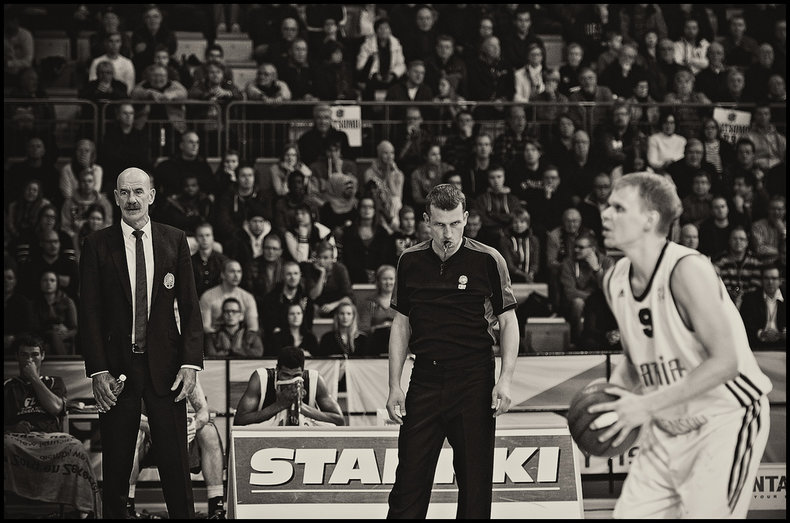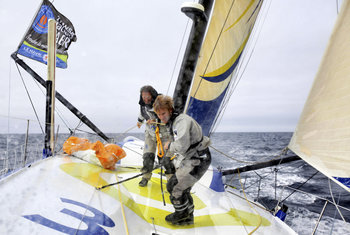
Muscle Memory
A physical task that initially requires conscious effort but falls into the background with practice such as typing on a keyboard, riding a bicycle or playing a music instrument.Language
Language skills such as reading initially require thought as a learner but later become almost automatic. For example, a fluent reader of English can read English fiction while thinking about the story leaving the technical complexity of understanding words and grammar to the subconscious.Highway Hypnosis
Highway hypnosis occurs when a driver of a vehicle drives some distance in an apparently safe manner obeying traffic rules but then can't remember driving. For example, a driver who can't remember that they stopped to let a pedestrian cross at a crosswalk five minutes ago. This typically occurs during a boring drive when the mind drifts off in a daydream or when the driver is focused on a conversation. It is likely that highway hypnosis is somewhat unsafe because there are situations that arise that require mental attention.Unconscious Competence
It is sometimes claimed that certain tasks are better done without thought. For example, a free throw in basketball that gets worse when a player thinks about it. This implies that the subconscious has become better at a task than the conscious mind.The Centipede's Dilemma
The Centipede's Dilemma is an often repeated story that originated in an 1871 poem by Katherine Craster. The story now has several variations all of which involve a toad asking a centipede how it walks. This throws the centipede into a state of confusion such that she can no longer walk.Intuition
Intuition is the ability to judge a situation without conscious thought. This may allow an individual to make reasonable decisions at high speed without any apparent thought. For example, a surfer may intuitively know that a particular wave is trouble and choose to let it pass.| Overview: Automaticity | ||
Type | ||
Definition | The ability to perform tasks without conscious thought. | |
Related Concepts | ||





























